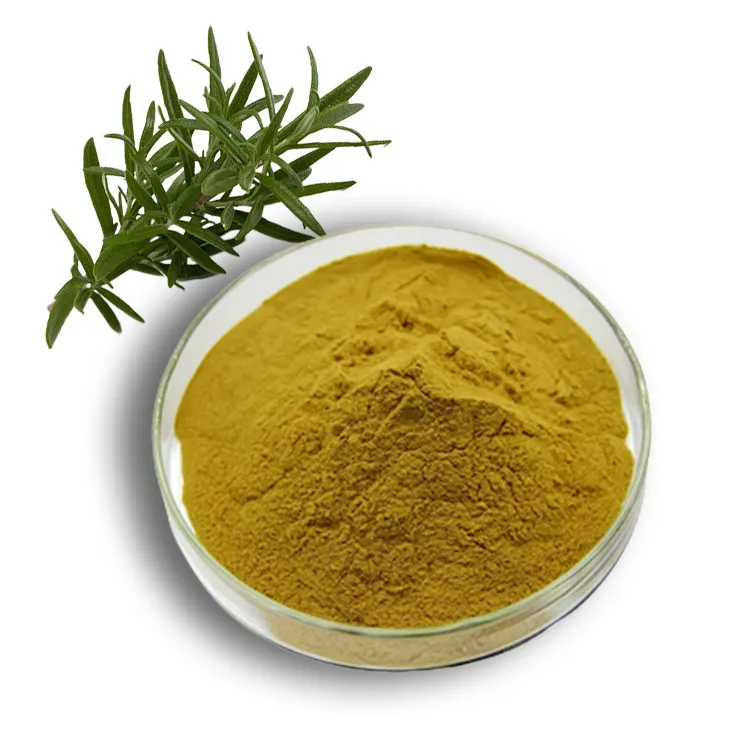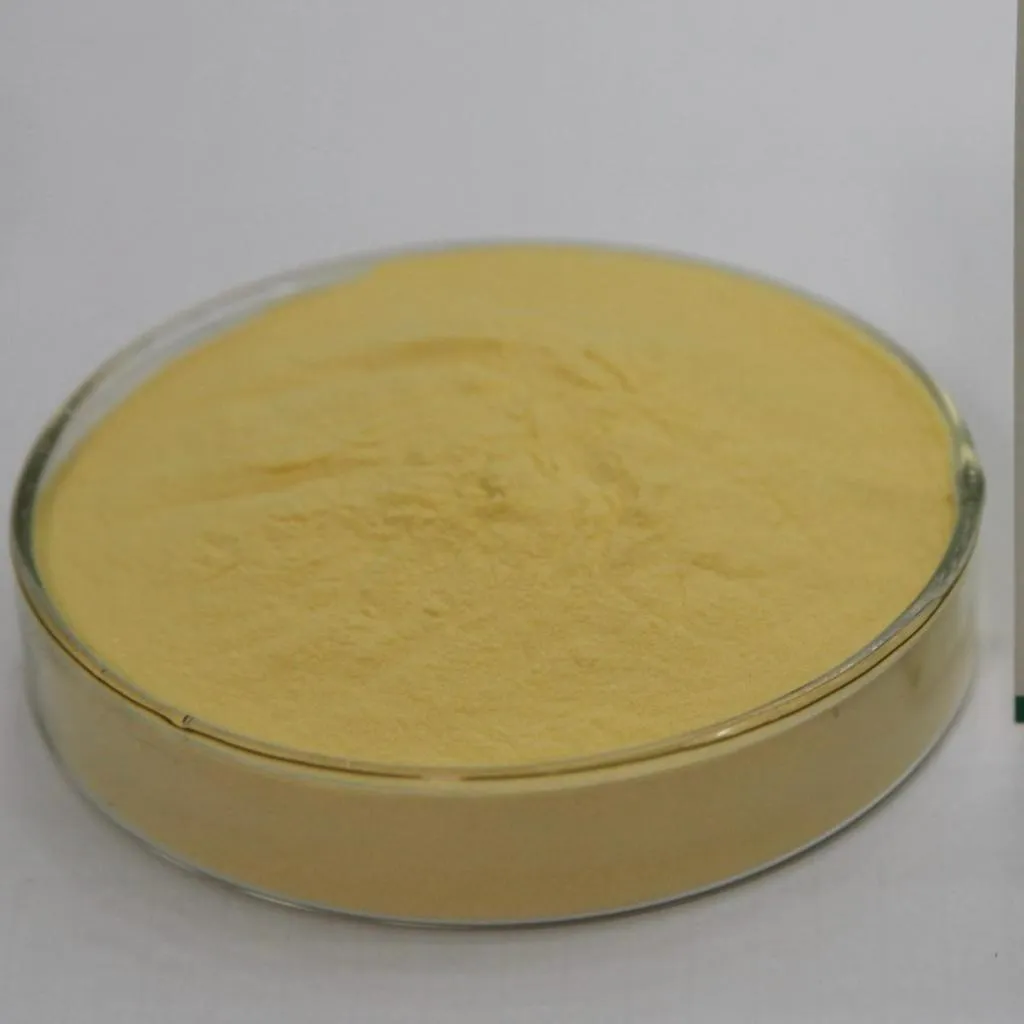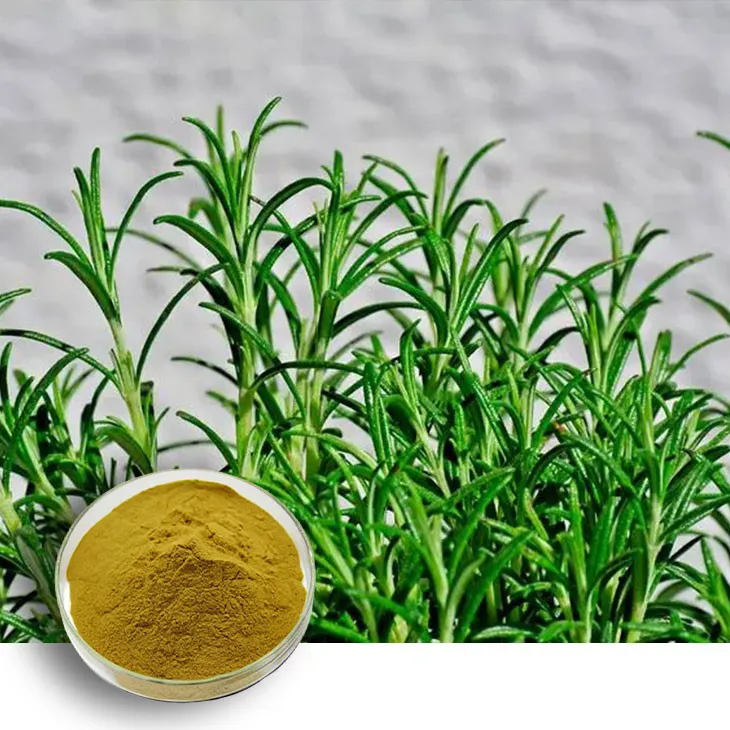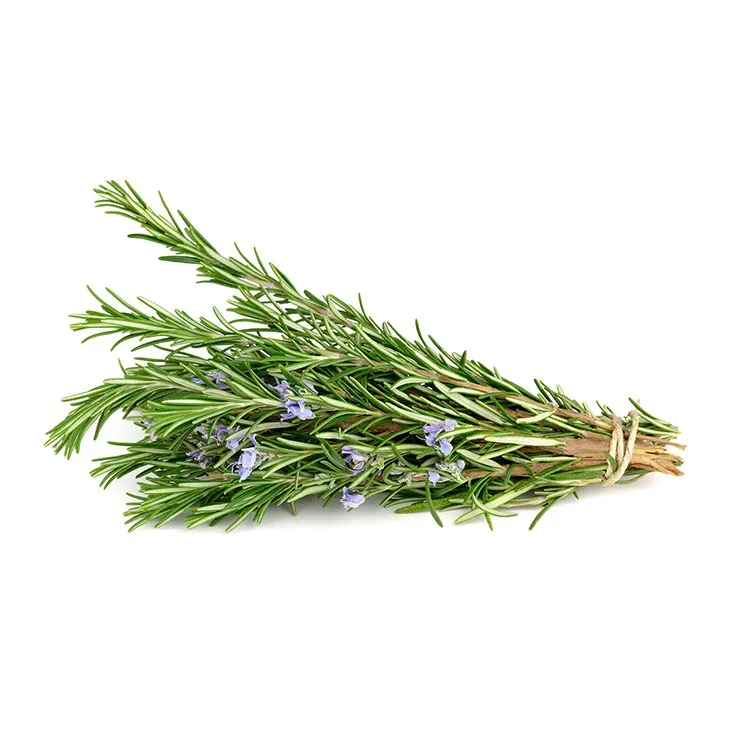- 0086-571-85302990
- sales@greenskybio.com
Rosemary Oil vs Rosemary Extract: Uses, Benefits, and Key Distinctions
2025-08-16

Rosemary, scientifically known as Rosmarinus officinalis, has been cherished for centuries for its culinary, medicinal, and aromatic properties. Derived from this versatile herb, rosemary oil and Rosemary extract are two products frequently used across various industries, including food, cosmetics, and alternative medicine. While the terms "rosemary oil" and "Rosemary extract" are sometimes used interchangeably, they are not the same and serve different purposes due to their distinct methods of extraction, composition, and applications. This article explores the differences between rosemary oil and Rosemary extract, delves into their benefits, and clarifies when and how to use each product effectively.
What Is Rosemary Oil?
Rosemary oil refers to the essential oil extracted from the leaves and flowers of the rosemary plant. Essential oils are highly concentrated, volatile substances that capture the essence or aromatic compounds of the plant. Rosemary oil is extracted primarily through the process of steam distillation.
Key Characteristics of Rosemary Oil:
- Highly Concentrated: Rosemary oil contains the concentrated active compounds of the plant, such as camphor, cineole, and α-pinene.
- Strong Aroma: The oil carries a distinctive and potent herbal scent, characteristic of rosemary.
- Volatile: As an essential oil, rosemary oil is highly volatile and easily evaporates when exposed to air.
- Uses: Rosemary oil is primarily used in aromatherapy, hair care, skincare, and massage treatments.

What Is Rosemary Extract?
Rosemary extract, in contrast, is less concentrated and is commonly derived by soaking rosemary leaves in a solvent such as alcohol, glycerin, or water to extract the plant's bioactive compounds. The extract may also include dissolved phytochemicals such as phenolic acids, flavonoids, and antioxidants. Depending on its intended use, it can be produced as a liquid, powder, or other forms.
Key Characteristics of Rosemary Extract:
- Less Concentrated: Rosemary extract contains a broader range of bioactive compounds but in lower concentrations than essential oil.
- Stability: It is more stable and less volatile compared to rosemary oil.
- Uses: Rosemary extract is commonly used as a natural preservative in food, supplements, cosmetics, and skin products due to its antioxidant and antimicrobial properties.

Differences Between Rosemary Oil and Rosemary Extract
1. Extraction Process
- Rosemary Oil: Extracted using steam distillation, a process that condenses the volatile oils or aromatic compounds from the rosemary plant.
- Rosemary Extract: Derived through solvent extraction, typically involving alcohol, glycerin, or water. This process captures both water-soluble and fat-soluble bioactive compounds.
2. Concentration
- Rosemary Oil: Highly concentrated, containing the volatile aromatic compounds in their pure form. Even a small quantity of rosemary oil is potent and should be diluted before use.
- Rosemary Extract: Less concentrated, with a broader range of compounds (both volatile and non-volatile) dissolved into the solvent used for extraction.
3. Composition
- Rosemary Oil: Composed mainly of volatile essential compounds like cineole, camphor, and limonene, which are responsible for the oil's characteristic aroma and therapeutic properties.
- Rosemary Extract: Contains multiple compounds, including antioxidants like rosmarinic acid and flavonoids, which are not typically present in the essential oil.
4. Primary Functions
- Rosemary Oil: Primarily used for therapeutic and aromatic purposes, such as in aromatherapy to reduce stress, as well as for stimulating hair growth or treating scalp issues.
- Rosemary Extract: Often used for its antioxidant and preservative properties in food products, skincare formulations, and dietary supplements.
5. Safety and Application
- Rosemary Oil: Needs to be diluted with a carrier oil to avoid skin irritation or sensitivity and is not recommended for internal consumption unless under the guidance of a healthcare professional.
- Rosemary Extract: Typically safe for ingesting and is widely used as an ingredient in food and beverage products. It is less irritating to the skin and can be applied directly in most cases, depending on the formulation.

Applications and Benefits
Uses of Rosemary Oil
1. Aromatherapy
The invigorating scent of rosemary oil is widely used in aromatherapy to boost mental clarity, reduce anxiety, and improve mood. The aroma stimulates the brain and promotes focus and concentration.
2. Hair Care
One of the most popular applications of rosemary oil is in hair care. It is often added to shampoos, conditioners, and hair masks to stimulate hair growth, improve blood circulation to the scalp, and reduce dandruff. Studies suggest that rosemary oil may be comparable to minoxidil, a pharmaceutical treatment for hair loss, without the side effects.
3. Skin Benefits
Rosemary oil has antiseptic and anti-inflammatory properties, making it useful in managing acne, eczema, and oily skin. When diluted, it can also be used as part of a massage regimen to soothe sore muscles and joints.
4. Cognitive Support
Inhaling rosemary oil has been linked to enhanced memory and cognitive performance. Studies have shown that its aroma may potentially improve memory recall and focus.
5. Pain Relief
When massaged into painful areas, rosemary oil helps alleviate muscle pain, stiffness, and headaches due to its anti-inflammatory and analgesic properties.
Uses of Rosemary Extract
1. Food Preservation
Rosemary extract is a natural preservative, commonly used in food processing to extend shelf life and prevent spoilage by reducing oxidation. Its antioxidant properties help maintain the freshness and flavor of oils, meats, and baked goods.
2. Skincare
Thanks to its rich antioxidant content, rosemary extract is used in skincare formulations to combat signs of aging, protect against environmental stressors, and promote even skin tone. It helps neutralize free radicals, which contribute to premature aging and skin damage.
3. Dietary Supplements
Rosemary extract is often included in dietary supplements because its antioxidants, such as rosmarinic acid, promote overall health by reducing oxidative stress and supporting the immune system.
4. Digestive Health
Ingestible rosemary extract is known to support digestive health by aiding in the breakdown of fats and promoting bile production. This helps improve overall digestion and alleviates bloating and indigestion.
5. Anti-Inflammatory Benefits
Rosemary extract’s anti-inflammatory compounds make it effective in reducing inflammation both internally and externally. It is sometimes added to herbal remedies for arthritis and other inflammatory conditions.

How to Choose the Right Product
Choosing between rosemary oil and rosemary extract depends on your intended use:
- For Aromatherapy, Hair Care, and Pain Relief: Rosemary oil is the better choice for these purposes due to its concentrated nature and ability to penetrate deeply into tissues and the senses. However, always dilute rosemary oil before applying it to the skin.
- For Preservatives, Skincare, and Dietary Needs: Rosemary extract is ideal when you need antioxidants to preserve food, prevent skin aging, or support general health through supplements.
Precautions
1. Rosemary Oil:
- Avoid using undiluted rosemary oil directly on the skin, as it can cause irritation.
- Pregnant women, children, and individuals with epilepsy or high blood pressure should consult a healthcare provider before using rosemary oil.
2. Rosemary Extract:
- Generally recognized as safe for consumption in moderate amounts. However, individuals with specific allergies should read product labels carefully.
Conclusion
While rosemary oil and rosemary extract are both derived from the same plant and share some overlapping benefits, their distinctive methods of extraction, composition, and applications set them apart. Rosemary oil is primarily used for its therapeutic and aromatic properties, while rosemary extract excels in preserving food, enhancing skincare formulations, and delivering antioxidants. Understanding these differences will enable you to use each product effectively and safely, whether for health, beauty, or culinary purposes. Regardless of the application, rosemary remains a powerful herb with wide-ranging benefits.
Green Sky Bio provides the best extracts and supplements. It is a Chinese self-developed brand that is trustworthy! Welcome to email us to inquire about our products.
- ▶ Hesperidin
- ▶ Citrus Bioflavonoids
- ▶ Plant Extract
- ▶ lycopene
- ▶ Diosmin
- ▶ Grape seed extract
- ▶ Sea buckthorn Juice Powder
- ▶ Fruit Juice Powder
- ▶ Hops Extract
- ▶ Artichoke Extract
- ▶ Mushroom extract
- ▶ Astaxanthin
- ▶ Green Tea Extract
- ▶ Curcumin
- ▶ Horse Chestnut Extract
- ▶ Other Product
- ▶ Boswellia Serrata Extract
- ▶ Resveratrol
- ▶ Marigold Extract
- ▶ Grape Leaf Extract
- ▶ New Product
- ▶ Aminolevulinic acid
- ▶ Cranberry Extract
- ▶ Red Yeast Rice
- ▶ Red Wine Extract
-
Giant Knotweed Extract
2025-08-16
-
Dandelion Root Extract
2025-08-16
-
Sophora Japonica Flower Extract
2025-08-16
-
Green Tea Extract
2025-08-16
-
Plantain extract
2025-08-16
-
Lemon Juice Powder
2025-08-16
-
Beetroot juice Powder
2025-08-16
-
Kidney Bean Extract
2025-08-16
-
Cat Claw Extract
2025-08-16
-
Europen Bilberry Extract
2025-08-16





















